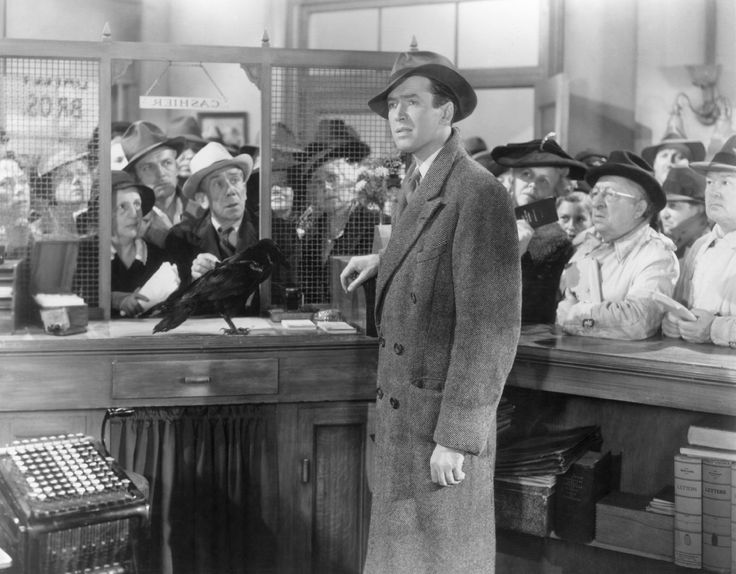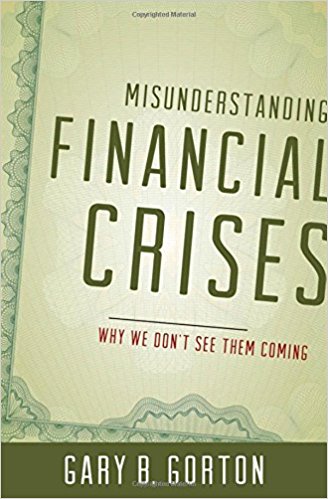There’s a financial crisis in our future
- August 17, 2017
- By Melody Walker
- 3 minute read

As the world learned in 2008, a global financial crisis can happen when economists least expect (or predict) it. But according to Gary Gorton, finance professor at Yale’s School of Management, it will happen again. He estimates the next crisis will come in 10 to 15 years. Gorton shared his analysis of the 2008 financial crisis at an event sponsored by the Wells Fargo Advisors Center for Finance and Accounting Research at Olin, Aug. 16.

Gorton will address the Finance Theory Group Summer School, meeting at Olin this week, at 9 a.m., Friday, Aug. 18, in Emerson Auditorium, Knight Hall. His topic will be: “The Private Money View of Financial Crises.”
Gorton’s 2010 book, Misunderstanding Financial Crises, Why We Don’t See Them Coming, provides historical context for understanding the 2008 financial crisis and why economists and policy makers need to recognize that crises are inevitable and inherent to our financial system. To those who thought that a crisis could not happen again in the US after the Great Depression, Gorton is blunt: “That economists did not think such a crisis could happen in the United States was an intellectual failure.”
Unlike the 1929 crash with bank runs like the scene in the Frank Capra film, “It’s A Wonderful Life,” the causes of the 2008 crisis were less visible. Cloaked in electronic trading, complex financial ‘innovations’, and unregulated derivative securities trading within the Shadow Banking system, Gorton said economists were blind to what was really happening in the financial markets.
Gorton points to the lack of data available from financial institutions as a major handicap for economists and policy makers who need to track activity to more accurately understand the markets and see signs of crisis before it’s too late. Gorton calls for a new information infrastructure to be built by the Office of Financial Research established under the Dodd-Frank legislation. He argues collecting and sharing data would help regulators as well as economists to more accurately measure risk and liquidity in the markets.

Bio
Gary B. Gorton is The Frederick Frank Class of 1954 Professor of Finance at the Yale School of Management, which he joined in August 2008. Prior to joining Yale, he was the Robert Morris Professor of Banking and Finance at The Wharton School of the University of Pennsylvania, where he taught from 1983 to 2008. Dr. Gorton has done research in many areas of finance and economics, including both theoretical and empirical work. He is the author of Slapped by the Invisible Hand: The Panic of 2007 (Oxford University Press) and Misunderstanding Financial Crises (Oxford University Press).
Dr. Gorton has consulted for the U.S. Board of Governors of the Federal Reserve System, various U.S. Federal Reserve Banks, the Bank of England, the Bank of Japan, and the Central Bank of Turkey. He was a consultant to AIG Financial Products from 1996 to 2008.
Dr. Gorton received his doctorate in economics from the University of Rochester. In the field of economics, he received master’s degrees at the University of Rochester and Cleveland State University, and also received a master’s degree in Chinese Studies from the University of Michigan.
Media inquiries
For assistance with media inquiries and to find faculty experts, please contact Washington University Marketing & Communications.
Monday–Friday, 8:30 to 5 p.m.
Sara Savat
Senior News Director, Business and Social Sciences
